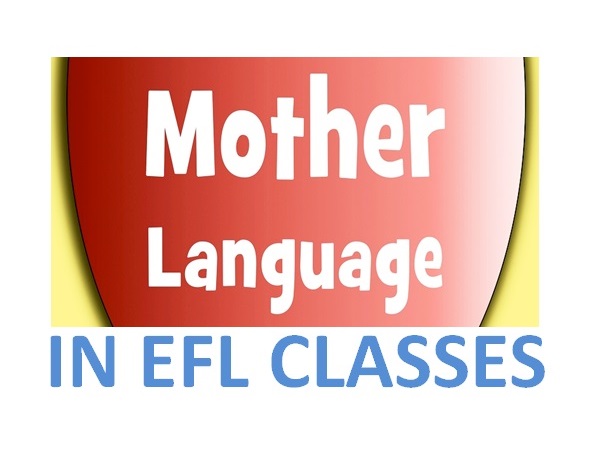English Grammar – Parts Of Speech: Overview
Parts of Speech Table
As learners of English who are looking forward to improving their English grammar, you probably want to start learning parts of speech, also known as word classes. In English, there are nine parts of speech: adjectives, nouns, pronouns, verbs, adverbs, prepositions, conjunctions, and interjections. Most of these parts of speech can be categorized into types. For example, nouns can be categorized into proper names (David), common nouns (table) concrete nouns (cake). Prepositions can be categorized in prepositions of time (before lunch), prepositions of place (to school).
It is very important to master parts of speech in order to improve grammar and writing skills. In this post, I will provide an overview of parts of speech with examples. Bear in mind that sometimes the same word can be two different parts of speech, for example, comment. It can be a verb as I commented on the post you shared and a noun as in I liked her comment so much.
This is a summary of the 9 parts of speech.
Rotate the phone to read comfortably
| Part of speech | Function or “job” | Example words | Example sentences |
| Verb | State or
Action | (to) be, have, do, like, work, sing, can, must | Tom is a funny cat.
I like Tom. |
| Noun | Words that name thing or person | Sophia, john, table, pen, pencil, bag, car, shirt, clothes, | This is my school bag.
He doesn’t live in my house.
We used to live in London. |
| Adjectives | A word that describes a noun | Good, big, red, bad, shocking, Amazing, green | My cat is fat.
I like fat cats. |
| Adverb | A word that describes a verb, adjective or adverb | Quickly, Slowly, Badly, Really | My cat eats quickly.
When he is very hungry, he eats pancake
He runs really quickly. |
| Pronoun | Replaces a noun | I, you, he, she, some | Bob is my brother;
She is so gorgeous. |
| Preposition | Connects a noun to another word | before, in, on, under, above | We went to the beach yesterday. |
| Conjunction | Links clauses or sentences or words | and, but, when, for, nor, or, yet, so, since, | I like dogs and cats.
I like swimming, but I don’t like ice-skating. |
| Interjection | Short exclamation, often embedded into a sentence or a short text | Oh! Ouch! Hi! Well. Wow | Ouch! That really hurts!
Well, I have no idea. |
In English, verbs can be divided into four different types.
1.Linking Verbs (be, seem, appear, look)
- He is smart
- She looks happy
- You seem exhausted
2. Helping Verbs or Auxiliary verbs are always followed by another verb, but sometimes they are the verbs in the sentence. Check these examples: (be, have, must)
- I should visit a doctor
- I must go now.
- I have seven pairs of shoes.
- I have three brothers. The verb “have” in this case is the main verb.
3.Transitive verbs (write, send, read)
- She wrote a book.
- I read a new story.
- I sent her a letter.
4.Intransitive verbs (try, cry)
- I tried hard
- She cried








I enjoyed reading your articles everytime 🙂